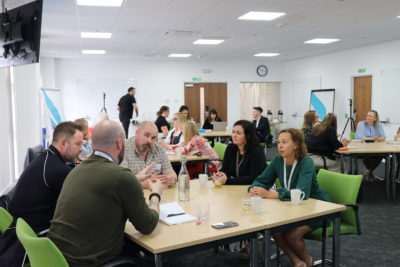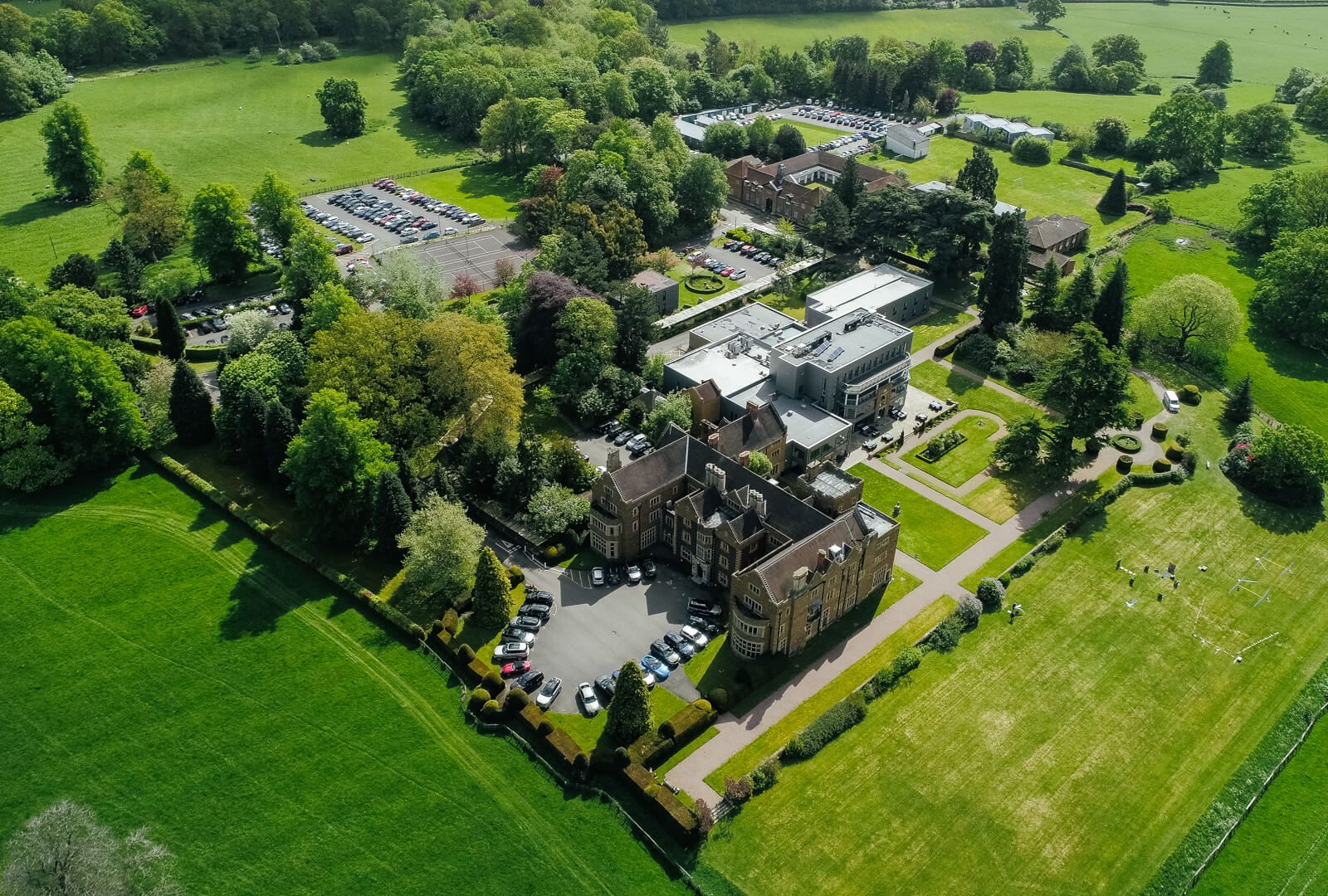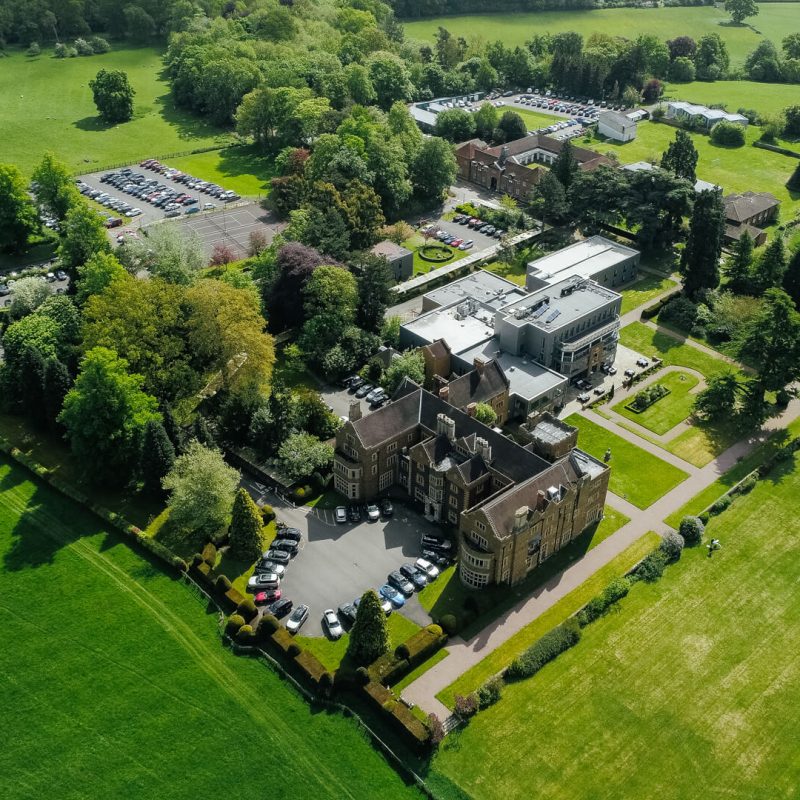
Posted:  15 July 2024
15 July 2024
On Thursday 4th July, Ashorne Hill hosted its Meeting of Minds event to discuss the issues around wellbeing washing and what we can do to help heal organisations. Learning and development professionals came together to explore more about wellbeing and its influence in organisations as well as debating why we should care about wellbeing initiatives and how AI and advancing technologies have an impact on it.
Our Learning and Development Director, James Lee, kicked the session off with some words of welcome and asked our audience to think about why wellbeing is of interest to them. The responses varied across each table, with some debating about the quality of wellbeing in their workplaces and suggesting that it is a beneficial practice for employees and their organisation.
This discussion transitioned nicely into James’s next question, which centred around the role of AI and how this could affect our wellbeing in the future. Many agreed that the world of AI has its pros and cons with its rapid influence on our day-to-day lives. However, when applying it to wellbeing, some suggested that AI can be invasive and does not provide an authentic human response that is capable of empathising with personal issues.
The event then moved on to our keynote speaker, Sanjit Sahota, who led the session about wellbeing washing and the importance of repairing organisational wellbeing. Sanjit is a keen advocate and facilitator of wellbeing programmes, with extensive training as a mindfulness teacher and facilitated programmes for young people and professionals. With her passion and expertise for wellbeing, Sanjit started the talk with a quick summary of wellbeing washing. Unanimously, the group agreed that a management development plan would support managers to have the skills and tools to support the wellbeing of employees. Developing good leaders who are collaborative and proactive are more likely to have a positive impact on employee wellbeing and minimise the risk of burnout and demotivation within their teams.
Sanjit gave the floor to the audience to let them discuss what experiences they had with wellbeing initiatives in their organisations and if they were impactful. The group started to brainstorm some ideas on flipcharts around the room, many took note of what wellbeing initiatives other companies have implemented to help their employees. This included health care benefits, financial rewards, remote and hybrid working, and outdoor activities.
Sanjit expanded on this feedback from the group and asked whether certain wellbeing initiatives were working in organisations and if they were having a positive impact on employees. Some of the group highlighted how some organisations spend too much time focusing on what may be wrong with their employees and do not consider that faults within the company could be the cause of the decline in employee engagement and productivity.
The group then turned their attention to the ‘stress curve’ which shows where an individual may sit when they are experiencing different levels of stress. This ranged from feelings of disengagement, tension, and burnout which are all common causes of workplace pressures. The purpose of the stress curve was to show how versatile stress can be in the workplace and how important it is to recognise when we are becoming overwhelmed or unmotivated.
Sanjit concluded the event with a finisher question which asked the group to list what learning and development initiatives could help heal their organisations. Unanimously, the group agreed that a management development plan would enable a more cohesive and productive workforce. Developing good leaders who are collaborative and proactive are more likely to have a positive impact on employee wellbeing and minimise the risk of burnout and demotivation within their teams.
Our Meeting of Minds event proved to be a great success for our group of leading learning and development professionals and produced some inspiring and thought-provoking debates on a very important subject. We would like to thank everyone who attended, and we look forward to welcoming familiar and new faces to our next event!




